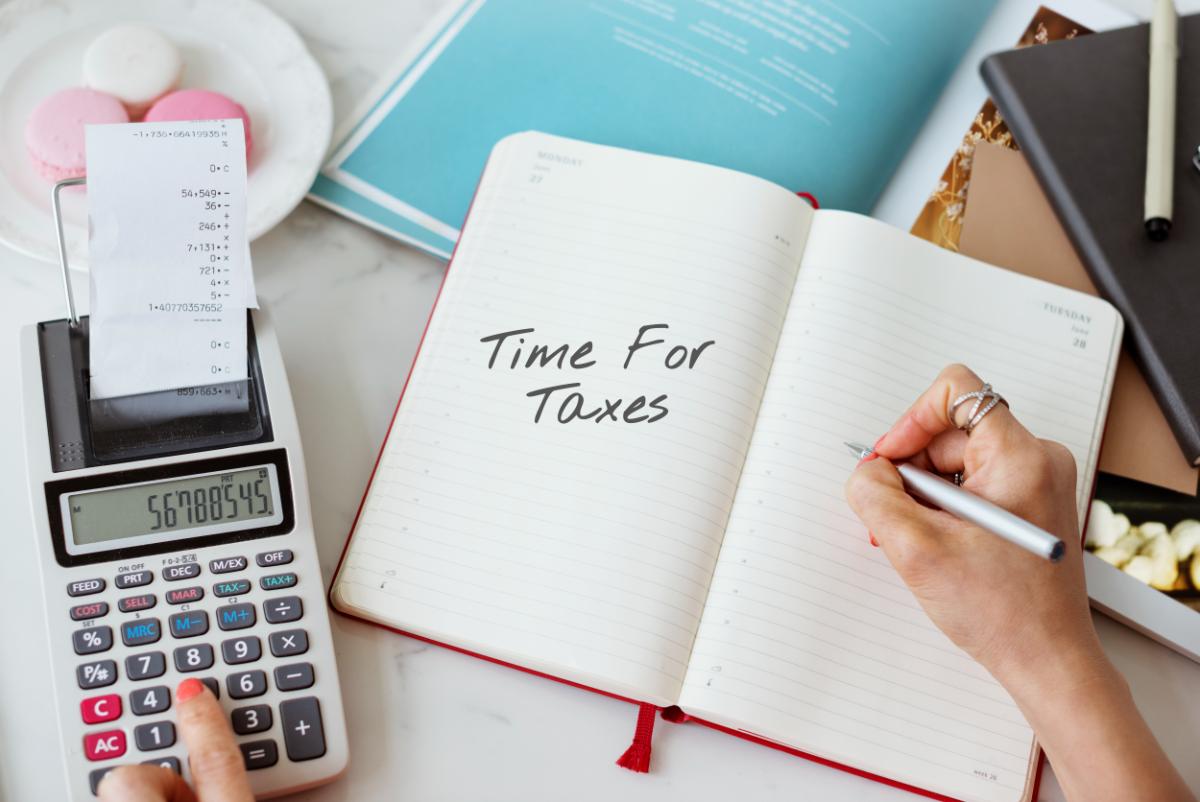Yes, a family trust can buy a car in Australia—but whether it’s the right decision depends on several legal, tax, and practical considerations. From ownership rights to Fringe Benefits Tax (FBT), understanding how a trust operates is essential before using it to purchase a vehicle.
How a Family Trust Works
A family trust is a legal structure that holds assets on behalf of beneficiaries—typically family members. It’s managed by a trustee, who controls the assets and makes decisions in line with the trust deed. The key purpose of a family trust is to protect assets, provide flexibility in income distribution, and potentially reduce tax liabilities by distributing income to family members in lower tax brackets. This structure does not pay tax itself unless income is retained; instead, tax obligations are passed to the beneficiaries based on their share.
Can a Trust Legally Own a Car?
Yes, a family trust can legally own a vehicle. The car will be registered in the trust’s name, and the trust can pay for it using its funds. However, like any asset, the car must be used in a way that aligns with the trust deed and serves the interests of the beneficiaries.
Common Reasons for Buying a Car Through a Family Trust
Buying a car through a family trust isn’t just a creative accounting strategy—it can serve specific legal and financial purposes. Before diving into the reasons why people choose this option, it's important to understand the motivations behind using trust structures for major purchases. Here's a look at the most common reasons this route is considered:
- Asset Protection: Vehicles owned by a trust are separate from personal assets, which may help protect them from legal claims or creditors.
- Tax Planning: If the car is used for business purposes, the trust may be able to claim tax deductions on related expenses.
- Fringe Benefits: Providing a car to a beneficiary (such as a business operator) may be considered a fringe benefit, triggering FBT obligations.

Tax Considerations and FBT
When a car owned by a family trust is used for private or business purposes, the tax implications can vary:
- Fringe Benefits Tax (FBT): If a trust-owned car is made available for private use by a beneficiary or employee, FBT generally applies. This can be a significant cost and must be carefully calculated.
- Income Tax Deductions: The trust may deduct vehicle-related expenses if the car is used to produce assessable income. Proper records are essential.
- Capital Gains Tax (CGT): If the car is later sold, CGT may not apply if the vehicle was used primarily for personal use, but business-use vehicles could trigger CGT depending on how they're classified.
Should You Register the Car in the Trust’s Name?
Yes, if the family trust is the legal purchaser of the vehicle, the car should be registered in the trust’s name. This ensures legal ownership aligns with the trust’s financial records and protects the asset under the trust structure. However, doing so may have implications for tax, liability, and insurance, so it’s crucial to consult your accountant or legal adviser to confirm it aligns with your trust’s objectives and compliance obligations.

Risks and Compliance Issues
While buying a car through a family trust can offer strategic benefits, it also comes with responsibilities. It's essential to understand the legal and tax implications to avoid pitfalls. Below are some key risks and compliance issues to be aware of before proceeding.
- FBT Liability: Trusts must report and pay FBT if a car is provided for personal use. Failing to comply can result in penalties.
- Trust Deed Restrictions: Not all trust deeds allow vehicle purchases, so it’s important to review the trust’s governing document.
- Audit Risks: ATO scrutiny is common if a trust appears to use assets for personal benefit without appropriate documentation or tax treatment.
Best Practices for Compliance
To avoid tax issues or legal disputes, follow these best practices:
- Document All Decisions: Trust minutes should record why and how the car was purchased and who can use it.
- Keep Accurate Logs: Maintain a logbook to track personal vs. business use to determine FBT and deductions.
- Consult a Tax Professional: Trust taxation can be complex, and tailored advice is essential.

Should You Use a Trust to Buy a Car?
Yes, but only if it aligns with your financial and asset protection goals. Using a family trust to buy a car can provide tax benefits, protect assets, and support business or investment purposes. However, it’s generally not recommended for personal-use vehicles unless there’s a clear trust-related purpose. You should also consider the added complexity of compliance, fringe benefits tax (FBT), and ownership responsibilities. Always consult a legal or tax adviser to confirm whether purchasing through a trust suits your specific situation.
Need Expert Legal or Tax Advice?
Buying a car through a trust can offer protection and tax advantages—but it can also lead to compliance issues if not handled correctly. If you’re considering this option, contact LegalFinda to speak with a tax advisor or lawyer who understands family trusts and Australian tax law.
Final Thoughts: Consult Before You Acquire
Purchasing a car through a family trust can offer strategic advantages, but it must be legally justified, tax-compliant, and aligned with the trust deed. Legal and financial advice should always be obtained to avoid breaching trust duties or triggering unintended tax liabilities. If you are unsure where to start, learning find a good family law lawyer will ensure you have the right professional guidance to structure the purchase correctly and protect your trust’s interests.

LegalFinda Editorial Team
The LegalFinda Editorial Team is composed of qualified Australian solicitors, legal researchers, and content editors with experience across family, property, criminal, and employment law.
The team’s mission is to translate complex legislation into clear, reliable guidance that helps everyday Australians understand their legal rights and connect with the right lawyer.

.jpg)

